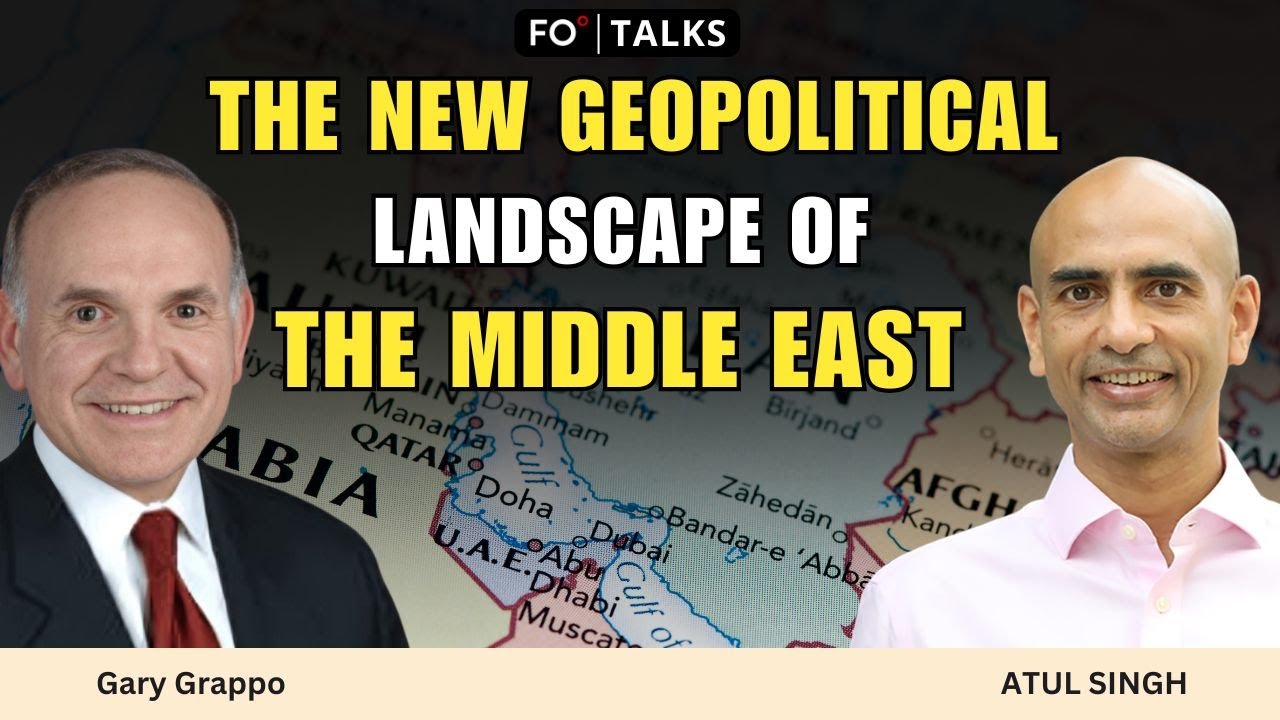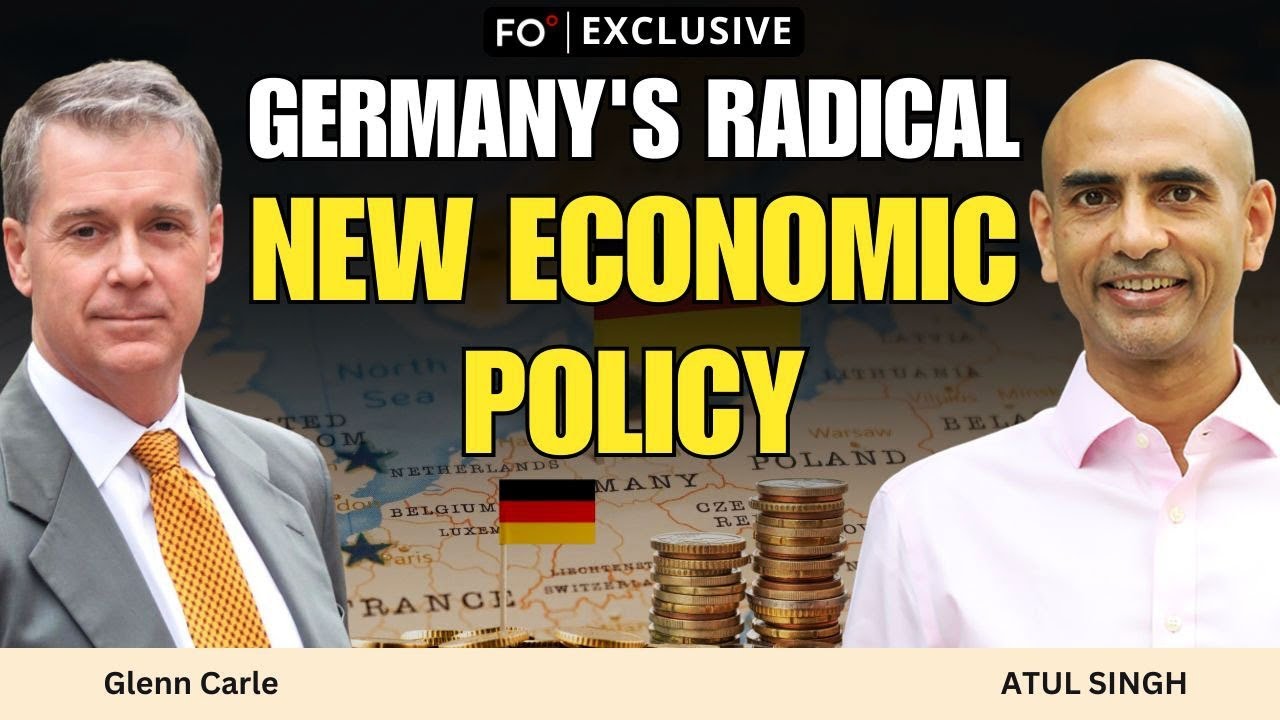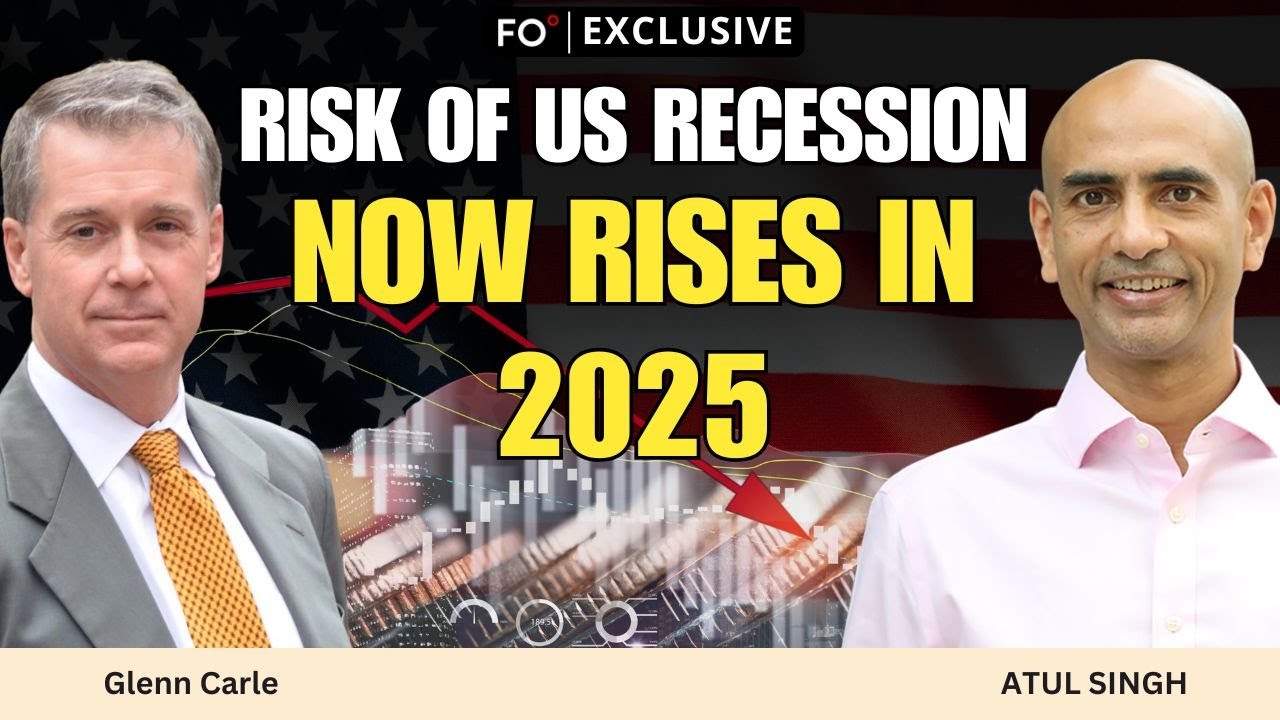Webster’s dictionary defines “metaverse” as “a persistent virtual environment that allows access to … multiple individual virtual realities.” In truth, though, there is no static definition. Much like the internet, the metaverse is constantly evolving.
In just a decade, the internet morphed from an army research project into the birthplace of emails; soon afterward, a whole ecosystem of online services flourished, crashed in the year 2000, and reproliferated afterward into everything from social media like Twitter and Facebook to shopping services like Amazon. Following that trajectory, the metaverse takes current advancements one step further: breaking the fourth wall and translating the real world into a virtual simulation. Enabling virtual concerts, 3D video games, personalized avatars and even virtual economies.
Dirk Lueth is the co-founder and CEO of Upland, a virtual property trading game structured around Monopoly, using real-life buildings. In creating Upland, Lueth pursues “The Magic Triangle”, an ecosystem of the metaverse, blockchain and AI. The metaverse enables virtual interactions, while blockchain validates real assets for digital commerce, and AI generates a virtual setting.
In addition to property trading, over 2,000 entrepreneurs, or “metaventures”, run their virtual shops in Upland. Players can purchase virtual goods for their avatars, generating a digital economy. In the future, Upland plans to incorporate physical items into these shops.
Where are we going with this new technology?
Naturally, questions and anxiety arise whenever technology opens up new possibilities. Many worry that the metaverse may distract from the real world. But the metaverse doesn’t just have to be an enclosed space; it can integrate with the real world, allowing people to interact with their physical surroundings in an enhanced — or augmented — way. In other words, the metaverse is portable. Users don't have to sit in front of a computer.
In 2016, the mobile game Pokémon GO was a viral hit that sent users outside. That summer, parks filled with kids walking and enjoying fresh air with their friends while they collected and battled virtual creatures. Rather than passive media consumption, the metaverse can enable mutual interactions where users engage socially and can exercise critical thinking. As Lueth puts succinctly, “You go from scrolling to strolling.”
Still, even with the benefit of exercise, prolonged screen time will cause strain. Scientist and technologist Bill Softky warned about screen addiction, damage to the eyes and brain, and social media fixation.
Related Reading
Nausea can be another side effect of virtual reality. Your senses of sight and hearing tell you that you are moving while your senses of balance and touch tell you that you are still. The disconnect does not sit well physiologically. However, while we suffer, younger generations who grew up with virtual reality headsets have already adapted. They’re immune to the nausea because they don’t find the sensory experience unusual.
The Metaverse in the Next Ten Years
In a virtual environment, education can become a more interactive process. You can visit the Taj Mahal, a much more authentic experience in 3D, than reading about it or looking at a photograph. This new form of learning can extend socially as well: Users across the world can meet over similar interests, exchanging cultural and creative expressions.
We have yet to scratch the surface of the possibilities. Many new spaces will open up. Plausibly, the new technology will render many jobs obsolete, but at the same time the Magic Triangle will create new roles. The opportunities might not be familiar now, but they will reveal themselves with timely demand. Thirty years ago, few people knew what coders were. Now, the trade employs millions.
Lueth predicts that, in ten years, the metaverse will be fully integrated into society, the way that video conferencing is now. The metaverse will likely be considered a convenience, rather than an abstract “technology.”
Another factor is greater personalization. Currently, every platform — Facebook, Google, Microsoft — determines how the user experience will unfold. The metaverse can enable a more user-centric rather than platform-centric approach. “You own your data,” Lueth describes. “You own your identity, and your digital asset. You can take those assets from one world to another.”
[Jamie Leung wrote the first draft of this piece.]
The views expressed in this article/video are the author’s own and do not necessarily reflect Fair Observer’s editorial policy.








































Comment